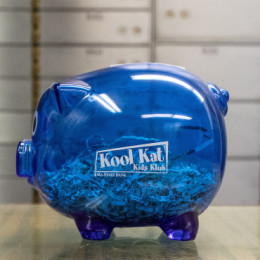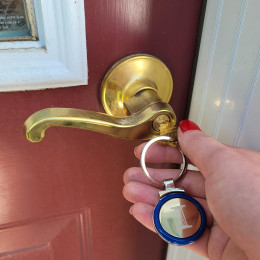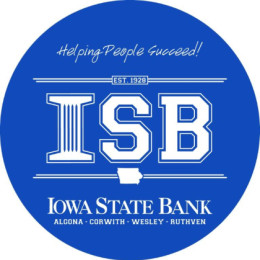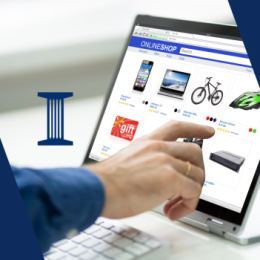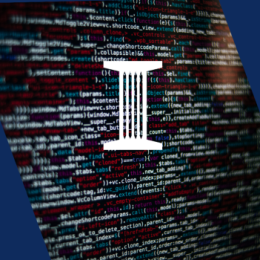Protect Yourself and Your Family
Put these tips into action to help reduce the chances of identity theft happening to you.
What Is Identity Theft & How Does It Occur?
Identity theft occurs when someone impersonates another individual by means of using personal information to commit fraud or other crimes without permission.
Personal information includes your birth date, Social Security number, name, address, and bank account information.
Tips to Protect Your Identity:
- Safeguard all account numbers and Social Security numbers. Make copies of the front and back of your credit cards and keep a list of all account numbers in a safe place. Have a list of phone numbers to contact if your card gets lost or stolen.
- Don’t give personal information to anyone who calls. Never give out personal information over the phone or Internet unless you initiate the call. Legitimate companies will NOT ask you for information they already know!
- Shred papers with account information. Don’t trust the trash. Take the extra step to ensure your information is safe.
- Observe the mail. Scammers can fill out change of address forms to intercept mail. If you notice a change, call the company.
- Never carry important numbers or security information. Keep Social Security numbers, bank card PINs and any security question answers or passwords out of your wallet or purse.
- Thoroughly review credit card and bank statements. Check for discrepancies in payments. If you have doubts, contact the company how you normally do; do not wait to see unknown or suspicious contact information.
- Do not respond to e-mails asking for personal information. Do not share personal information over e-mail. Go to the company’s website to see if the promotion is legitimate instead of responding to an e-mail.
- Order a credit report once a year. Credit reports can tell you more about how your personal information is being used than any other resource.
- Protect your computer and perform regular virus protection and maintenance. Don’t download software from third-party sites and don’t click on pop-up ads. Use virus protection and keep your computer up to date to ensure it is secure.
- Use common sense. Don’t use public Wi-Fi or computers to check your bank accounts. Use caution when downloading files or software for your computer.
As the saying goes, “If it looks too good to be true, it probably is!”
If you have any questions about the above tips, or believe identity theft may have occurred, get in touch with your nearest Iowa State Bank office as soon as possible.
August 2, 2022 by Iowa State Bank
